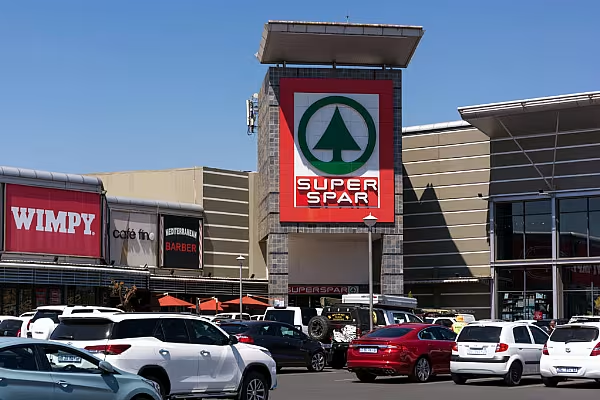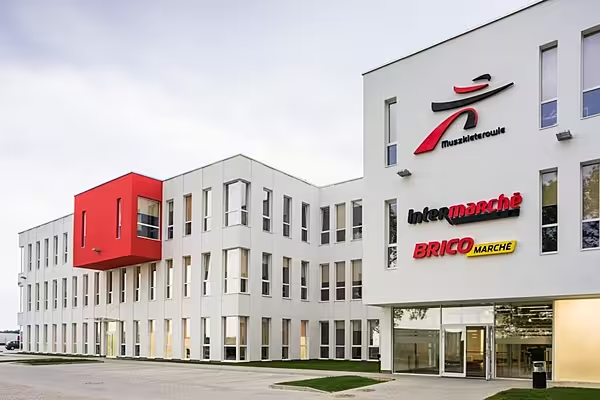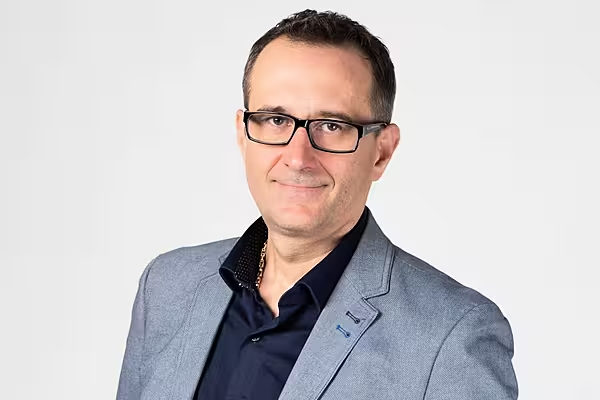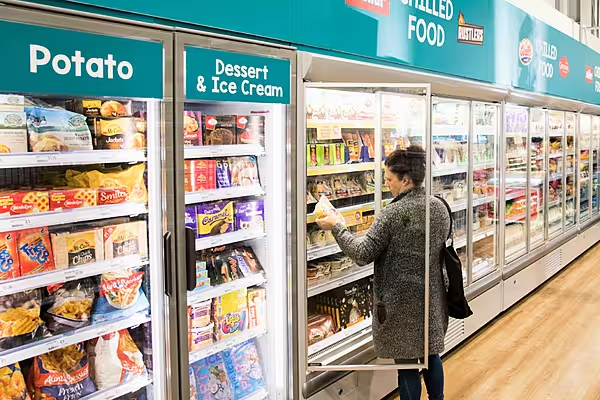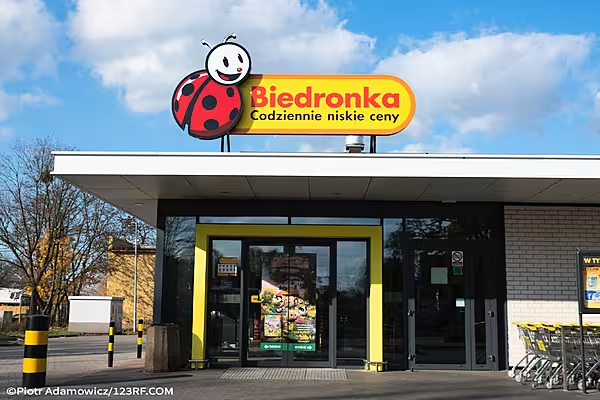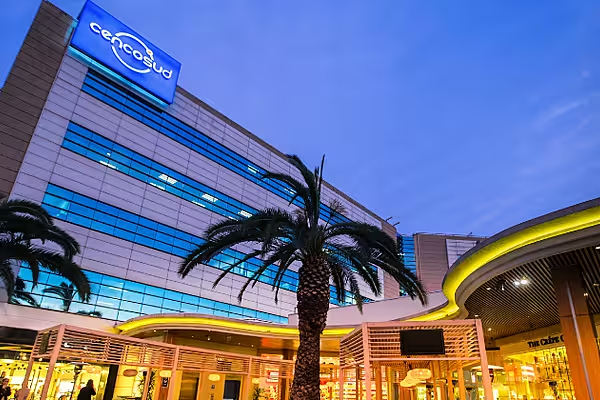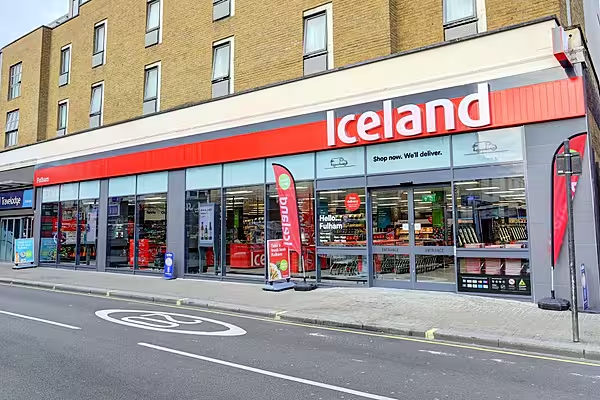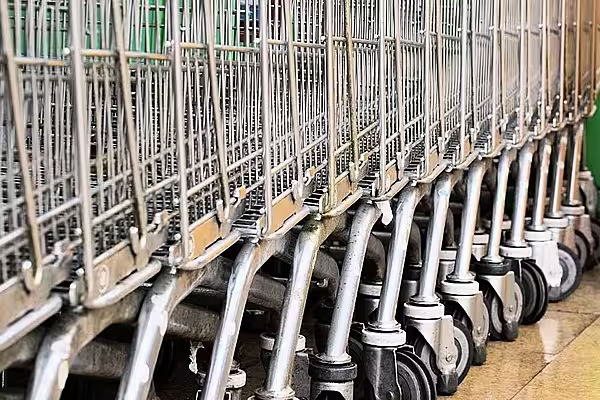SPAR Group, South Africa's second-biggest grocery group has found a buyer for its loss-making Polish business and expects cost savings and IT system enhancements will improve profitability going forward, it said in a statement.
Shares in the wholesaler and retailer surged 9.37% to 108 rand on the news despite the retailer not declaring a dividend due to weak first half results.
"Obviously the big news is Poland where they are in discussions about a possible exit by September. Plenty of bad news is in the price and the details about the exit are still outstanding, but this is a step in the right direction to refocus on their core market," said Casperus Treurnicht, portfolio manager at Gryphon Asset Management.
SPAR bought a controlling stake in Polish deli and supermarket chain Piotr i Pawel group in 2019 and the business was put up for sale last September.
The purchase price was not disclosed.
First-Half Performance
Group profit before tax from continuing operations fell by 11.2% to 1.1 billion rand ($59 million) in the six months ended 31 March and headline earnings per share fell 7.6% to 465 cents.
SPAR attributed the weak performance to high costs and problems with its ongoing IT rollout.
In South Africa SPAR runs six distribution centres which service more than 2,500 stores. It also has nearly 1,500 stores plus wholesale outlets and distribution centres in Ireland and South West England, plus operations in Switzerland.
SPAR will review its European operations, in order to "maximise the return on capital allocated," chief executive Angelo Swartz told investors.
"That doesn't imply necessarily an exit from the market.. (but) having said that, if our view is that we can't increase return to significantly above our cost of capital, exits aren't off the cards."
IT Planning System
Last year, the group struggled to successfully implement a new IT planning system at its KwaZulu-Natal (KZN) distribution centre, which made calculating margins difficult for buyers.
'The various cost saving initiatives and improved situation at the KZN region will improve profitability going forward,' SPAR said.
SPAR Southern Africa's gross profit margin declined to 9.6% from 10% during the first half.
Its new warehouse management system led to the retailer carrying additional stock, incurring increased labour and logistics costs, chief operations officer Megan Pydigadu told investors.
SPAR plans to switch to an alternative system, which will be far quicker in terms of adoption and more cost-effective, Swartz told Reuters.
It will also further enhance the existing SAP resource planning system in order to improve gross profit margin.
Divisional Performance
BWG Group, which operates the SPAR network in Ireland and South West England, saw turnover increasing by 5.7% in Euro currency, and 16.0% in ZAR terms.
Both markets were impacted by a constrained consumer environment - driven by higher living costs, ongoing food price inflation and higher interest rates, the retailer noted.
In Ireland, the EUROSPAR convenience supermarket felt the pressure of shoppers turning to supermarkets and discounters for lower prices and offers.
The Appleby Westward group, which supports retail outlets in South West England, saw declining volumes as consumers sought better value at larger supermarkets and discount stores.
In Switzerland, the company's turnover declined by 4.6% in CHF terms (increased by 8.7% in ZAR) compared to the same period last year.
SPAR's neighbourhood and convenience stores were impacted by price investments in key lines by large Swiss supermarket chains and discounters to help ease the pressures on consumers.
News by Reuters, additional reporting by ESM.
